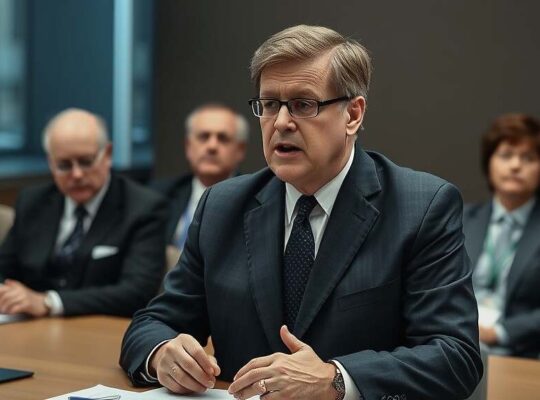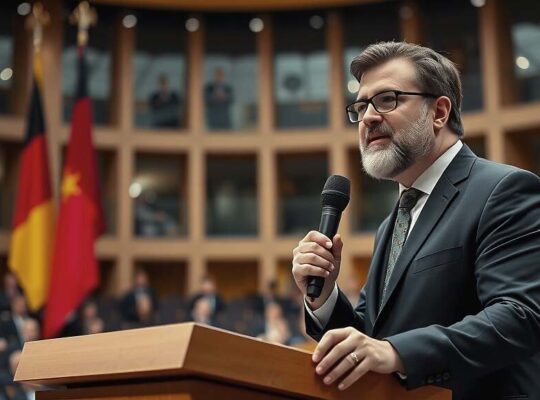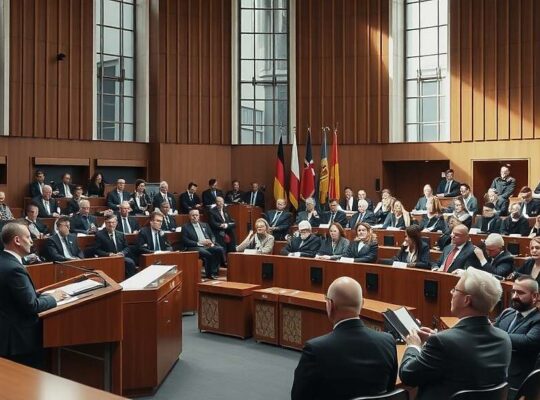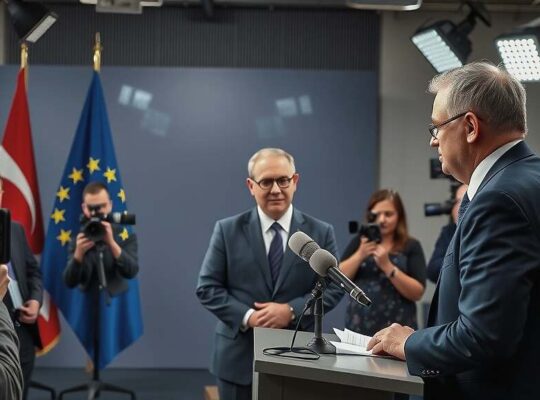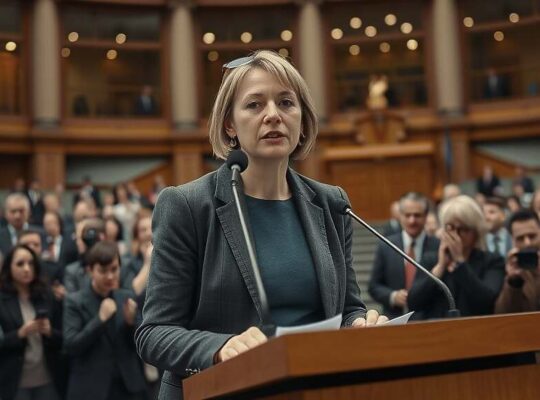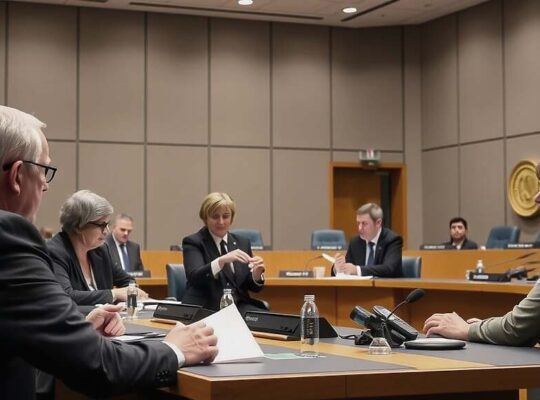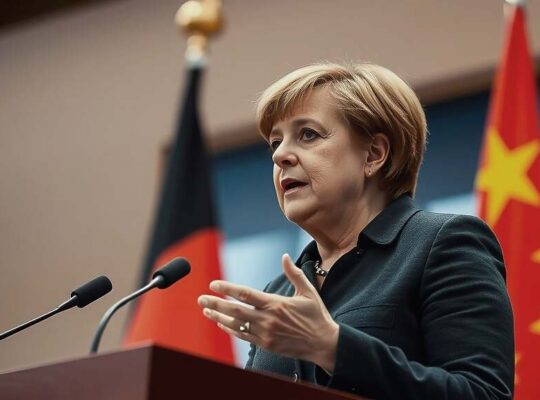Ministers of Finance from northern Germany convened in Lübeck this week for their fourth Northern Finance Ministers Conference, addressing a precarious budgetary situation and the urgent need for reform of the nation’s debt brake. Discussions centered on fiscal constraints, anti-money laundering measures and the looming impact of upcoming wage negotiations, signaling a growing divergence in policy approaches within the German federal system.
Despite a marginally positive October tax revenue forecast, the financial stability of the northern states remains fragile, necessitating reliance on credit lines and depletion of reserves. This precarious situation has prompted a strong call for concerted efforts from both the federal government and individual states to bolster economic growth and create a more sustainable financial framework. The ministers expressed clear expectations for the commission tasked with overhauling the debt brake, emphasizing a crucial need for investment flexibility extending beyond the current, restrictive rules.
A particularly contentious point raised was the demand for the ability to access multi-year emergency loans. Ministers argued that the recent experiences of the COVID-19 pandemic underscored the inadequacy of the current system, where extraordinary burdens often extend far beyond a single fiscal year. This proposal highlights a growing frustration with the rigid annual approach to managing crises and hints at a potential clash with federal austerity policies.
Beyond immediate financial concerns, the conference also brought to the table broader policy debates. Calls for a more equitable inheritance tax regime were voiced, alongside the creation of a specialized task force in Schleswig-Holstein dedicated to battling money laundering operations. Furthermore, the ministers stressed the importance of strengthening the resilience of payment systems, a critical area of vulnerability in increasingly volatile global markets. The deliberations reveal a region proactively seeking to shape national economic strategies, challenging the traditional power dynamics within Germany’s complex federal structure and signalling potential future political friction.



